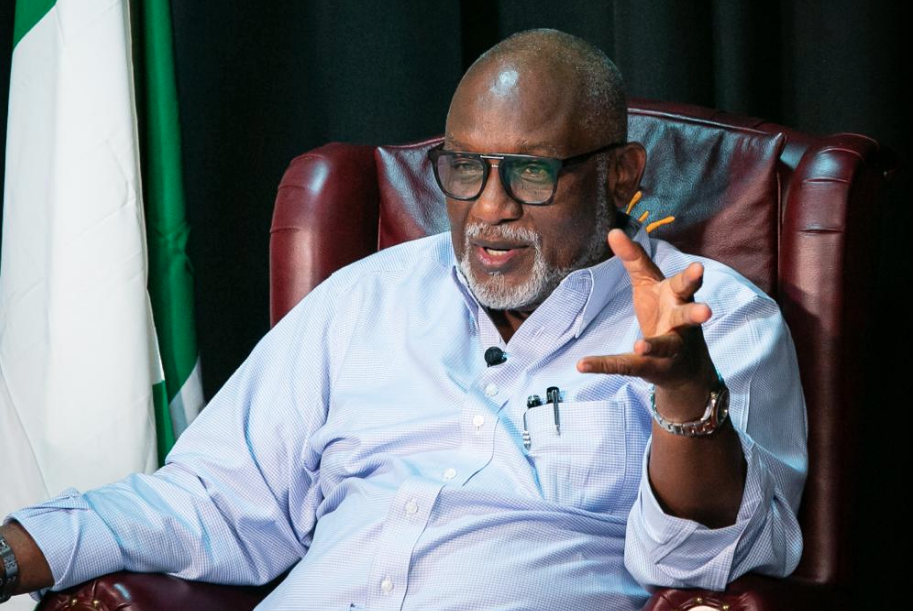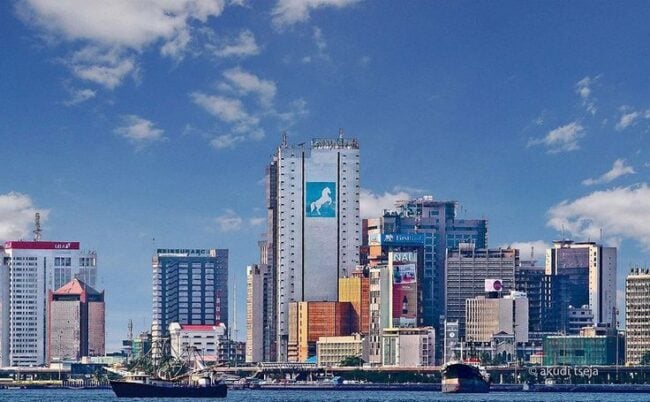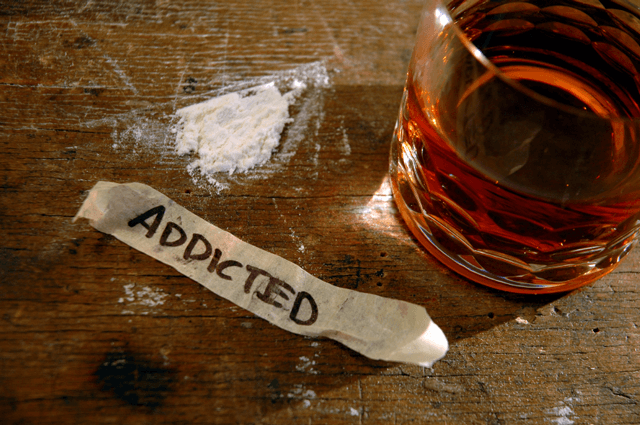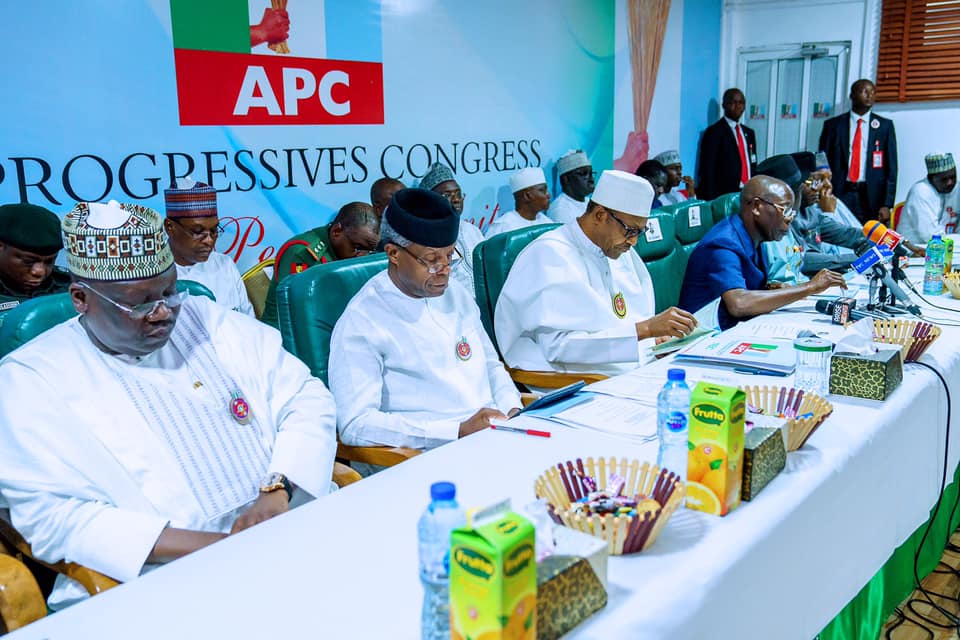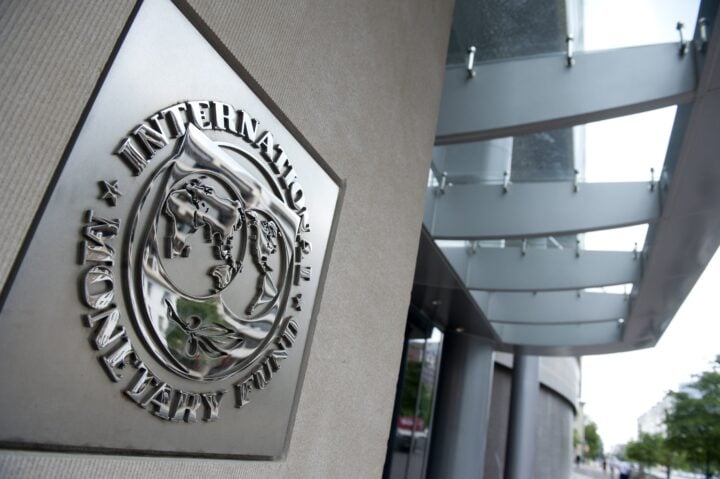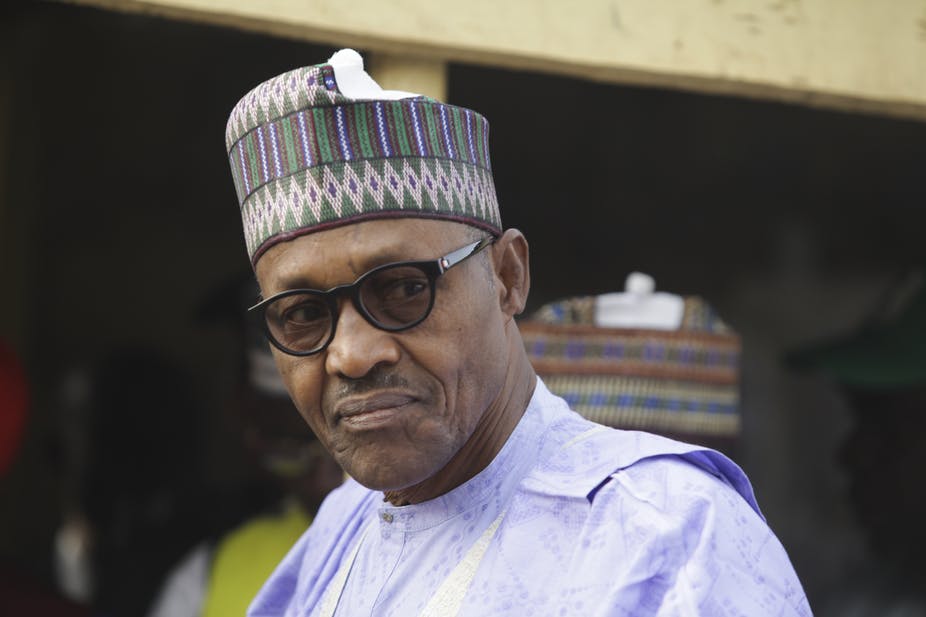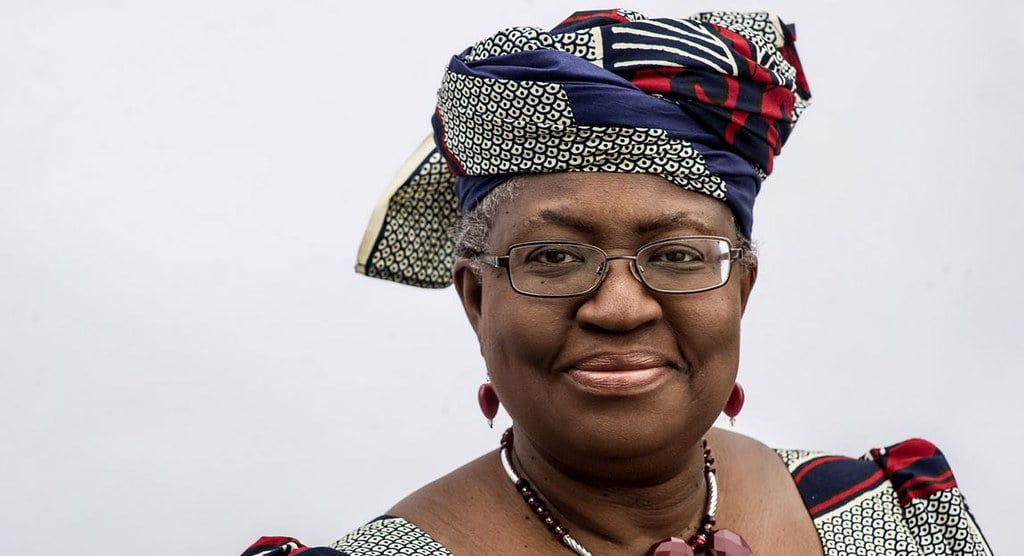Once again, we come at a very familiar but inglorious path in our 20+ years of experimenting with elective democracy. It is the sad story of often perfunctory impeachment of deputy governors by the members of the states Houses of Assembly usually acting the script of their State Governors whose powers they’re supposed to checkmate as the oversight arm of government at the sub-national level.
The theatre of this sordid constitutional aberration have hovered across various states of the federation ─ from Osun to Imo; Abia to Oyo; Enugu to Plateau. Today, Ondo State might just be at the threshold of joining that inglorious list. Never mind that it is led by a distinguished Senior Advocate of Nigeria, and former president of the Nigerian Bar Association, who ordinarily ought to ensure the complete observance of the Rule of Law in the business of governance and politics in the State. But that has not been seen and the current impeachment drama puts it beyond the realm of conjecture.
From what one has read so far in the developing story out of Ondo, nothing has changed in the pattern of this seemingly political contrivance relative to the other cases: it has been a recurrent tale of aggrieved politicians (read state Governors) seeking to have their way at all cost, even if it means bringing down the Constitution; the terra firma upon which the business of government is erected. I will explain.
Whereas in the hurried Notice of Impeachment signed by some 14 out of the 26 members of the Ondo State House of Assembly, a cocktail of nebulous “Grounds of Misconduct” were listed such as “Abandonment of official duty and other assignments“; “Abuse of office with actions likely to bring down the Ondo State Government” warts and all, it doesn’t require any political dexterity to know that the very reason why the machinery of impeachment has been set in motion against the embattled Hon. Ajayi Agboola, was his resignation of his membership of the APC and defecting to the opposition PDP in the state, following irreconcilable political differences with his former boss, in a somewhat replay of the political history of the Sunshine State. This is made worse by the rumour in town that the embattled deputy Governor is set to contest the gubernatorial election under the belt of the PDP against the imposing Aketi, for whom things continue to fall apart.
Advertisement
As far as the APC hierarchy in the state (led by the Governor) was concerned, Agboola’s actions was an abomination which must be mulcted with the highest punishment, namely impeachment to the extent that the deputy Governor fails to resign his office. The thinking is probably clear: you are either for us, or against us.
However, while the grievances of the unscrupulous legislators and their paymaster may have some merit in morals, it has no support at law as the Constitution does not envisage that a deputy Governor should lose his office (save he elects to resign as we saw with Prof. Hafiz Abubakar in Kano), when he elects to defect from the political party of his boss, to another. At least, that was the summary of the Supreme Court decision in the case of Action Congress & Anor v. INEC & Ors (2007) 12 NWLR (Pt.1048) 220 SC. following the political crisis that engulfed the former vice President, Alhaji Atiku Abubakar, and his then boss, President Olusegun Obasanjo.
It bears pointing out that in the other states where this executive and legislative brigandge have led to the impeachment of the deputy Governors, it is not that the allegations levelled against the victimised deputy Governors met the high threshold of “gross misconduct” nominated by the Constitution. To the contrary, they were only able to be pulled off with the compromise of the judiciary in those states; the head of which plays a critical role in the impeachment process which by the way, is supposed to be a solemn exercise, and not a weapon in the hands of a Shylock Governor seeking a pound of flesh against a former ally as typified in the Aketi-Agboola power matrix.
Advertisement
And this is why the gesture of the Chief Judge of Ondo State, the Hon Justice O.O Akerodolu deserves commendation. In a letter dated 9th July, 2020 and addressed to the Speaker of the State House Assembly, the erudite jurist literally sound the death knell to the impeachment plot by impressing it on the unscrupulous legislators that due process must be complied with, otherwise the Investigative Panel which can only be constitutionally convoked by her to look into the allegations, and a necessary checkpoint in the impeachment process may not be activated.
After chronicling the several heads of non-compliance with the provisions of the Constitution, his Lordship concluded thus, “in view of the foregoing, the Honorable Members of the House of Assembly have not completed the Constitutional process that would lead your very good self to invite my humble self to set up a panel of 7 to investigate allegations of gross misconduct as stipulated in the Constitution“. It was a fine moment of glory for the Nigerian judiciary.
The manner of Justice Akerodolu’s intervention demonstrates my admonition of the judiciary in an article titled, ‘Nigeria and the Question of Constitutionalism: The Kogi Example’, published last year, in the wake of the impeachment of Mr. Simon Achuba the former deputy Governor of Kogi State under controversial circumstances.
I had written at the time, “As there cannot be a ‘crime’ without human elements, the role of the Judiciary in rogue impeachment proceedings deserves a special mention. As Judicial officers are not politicians, it behoves on them to be meticulous and circumspect when called upon to perfect the illegality in their domain when it borders on impeachment. Judges are Constitutionally empowered to swear in elected members of the executive arm of Government. It is submitted that implicit in the exercise of that sacred Constitutional mandate is the need to ensure the compliance and observance of all process leading to the exercise of that power. Where that is not the case, judicial officers must have the courage to recuse themselves so as not to appear to have been compromised in the eyes of right thinking members of the public by the executive“. This is exactly what His Lordship have done with her protest letter and which might potentially scuttle the illegal impeachment.
Advertisement
When one remembers the role played by the former Chief Judge of Kogi State, the late justice Nasir Ajana in the circumstances under which Simon Achuba was impeached in Kogi, as well as late Justice I.A. Umezulike in the impeachment drama involving Sunday Onyebuchi, the former deputy Governor of Enugu State during the Sulivan Chime administration, and of course the Chief judges of the States whose deputy Governors had been impeached in the past, Justice Akerodolu’s boldness of action and courage is better contextualised.
Back to Ondo. If there was ever a doubt as per the motive force behind the sudden impeachment of the estranged deputy Governor, the facts that are now in the public domain have effectively resolved them in favour of Agboola and in the process have exposed the unscrupulous lawmakers as vintage hands of Esau, echoing the voice of Jacob.
The conduct of the Dis-honorable members once again brings to the fore the weakness of parliament at the states as I have always argued. Let me quickly admit that this is not a contradiction peculiar to members of the Ondo State House of Assembly. It is a national crisis. As long as legislators at the state level fail to appreciate their powers under the constitution, they’ll continue to unwittingly set the stage for the emergence of reckless Governors who ride roughshod of the Constitution and public decency for prebendal ends. No democracy should have to contend with a rubber stamp parliament.
Having said that, the options before the Governor and the House of Assembly unfortunately are not many. It is either they comply with the full provisions of section 188(1)-(4) of the Constitution in their sworn impeachment Gambit, or call it off and allow time to take care of what is already a complicated crisis that may no longer be resolved politically with the rumoured gubernatorial ambitions of Agboola.
Advertisement
Finally, it is the measure of how bitter and petty Nigerian politicians can be, that has led to the current fight to the finish between Governor Rotimi Akeredolu and his embattled deputy, Hon Ajayi Agboola. The examples abound across many state capitals. Tinubu and Ambode; Oshiomhole and Obaseki; Yahaya Bello and Achuba; Amaechi and Wike. You name the rest.
As the political drama unfolds, one can only expect that all the parties involved would conduct themselves in a manner that does not culiminate in the breach of the relative peace enjoyed in the Sunshine state so as not to set it along the ugly path of 1983. Happily, if there’s one take away yet from the imbroglio, it is that the judiciary would not allow itself to be used as a conveyor belt to any force in the state or elsewhere, towards achieving any parochial and otherwise unconstitutional ends. Nothing can be more reassuring.
Advertisement
Magu’s fall from grace
Until last Monday when he was made to face a Presidential Investigative Panel, and subsequently taken into custody, Ibrahim Magu, the 4th Chairman of the Economic and Financial Crimes Commission (EFCC), was the toast of Abuja. He seemed to enjoy the confidence of president Muhammadu Buhari, whose over advertised anti-corruption stance somehow found a syncronym with those of the Kanuri born anti corruption Czar.The first indication of this romance was seen in the decision of the Buhari adminstration to keep him as the head of the anti corruption commission, even if in acting capacity, after the refusal of the 8th National Assembly to give him a vote of confidence acting on a petition by the Daura-led DSS.
Advertisement
Magu would come out of this with an inflated air of importance and went about his duties with a renewed vigour. Some said the swashbuckling police chief who took no prisoners stepped on some toes in the process. He would over time assemble a network of members of the commission known as “Magu boys” who were always at his beck and call and ready to do his bidding. Magu created a cult personality and almost became a tin god with clay feet within the system. Such a behaviour had the tendency to offend and win one all the enemies available, particularly in our dog-eat-dog political environment with players constantly scheming to outdo each other.
Unfortunately, Magu it would seem had his hands polluted in the discharge of his duties particularly with respect to the management of recovered funds and assets over the course of his superintendence of the commission. This was enough ground for the disgruntled forces seeking vengeance to have their way. Consequently, a petition reportedly signed by the Attorney General of the Federation, and a top member of the Buhari administration, Abubakar Malami, SAN and addressed to the president detailing gross allegations of abuse of office and misappropriation of recovered funds by Magu, was all that was needed to set in motion what already looks like the beginning of the end.
Advertisement
Irrespective of what becomes of the report of the justice Ayo Salami investigative panel, what is clear is that the Ibrahim Magu era at the EFCC has come to a hurtful denouement in a fashion he never would have envisaged given the goodwill he enjoyed from Nigerians in the early days of his stewardship.
No doubt he had a strong aversion for graft (or so we thought), which led him sometime to assert that the Corona virus was also caused by corruption. By and large, his administration will be remembered for securing a record number of convictions and recovery of large inventory of assets from both high profile, and ordinary citizens. His weakness however is the arrogant and unsettling clannishness that punctuated his style, which many critics say was complete with scant regard for the Rule of Law and disregard for inter-agency collaboration in carrying out investigations and overall operations; what many may come to see as his Achilles Heel in the future. Shorn of the need to amend the establishment Act of the commission to streamline its operations and optimise it for more efficiency and transparency, whoever takes over from him must redress the anyhowness that became synonymous with the organization under his watch.
Raymond Nkannebe, a legal practitioner and public affairs analyst, writes from Lagos. Comment and reactions to [email protected]. Please follow me on twitter @raynkah
Views expressed by contributors are strictly personal and not of TheCable.
Add a comment

